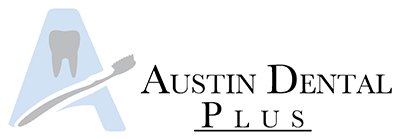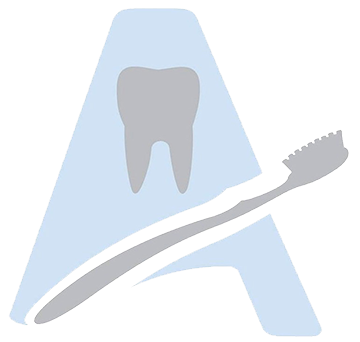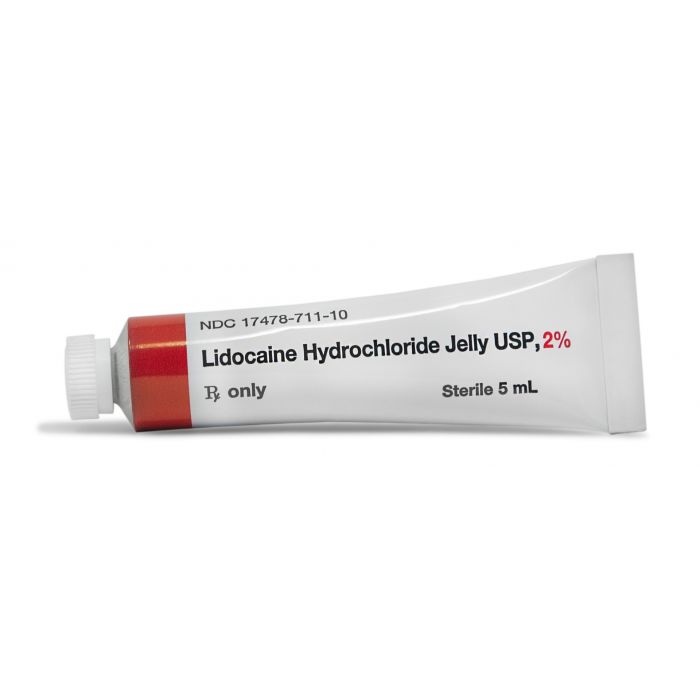It’s important to know the safety behind lidocaine and the risks involved. Oral viscous lidocaine is a pain reliever used to treat mouth sores or irritated throats due to cancer chemotherapy and certain medical procedures.
In 2014, the U.S. Food and Drug Administration issued a warning to parents and caregivers not to use oral viscous lidocaine to treat teething pain in infants and young children. The FDA warned that the drug can cause “serious harm, including death” if used on children.
During the first few years of your child’s life, all 20 baby teeth will push through the gums and most children will have their full set of these teeth in place by age 3. Your child may have sore or tender gums during this time. To sooth that discomfort, try gently rubbing their gums with a clean finger, a small cool spoon, or a moist gauze pad. A clean teething ring for your child to chew on may also help. Your dentist or pediatrician may recommend a pacifier or teething ring.
According to the FDA, topical pain relievers that are rubbed on the gums are not necessary or even useful because they wash out of the baby’s mouth within minutes. When too much viscous lidocaine is given to infants and young children or they accidentally swallow too much, it can result in seizures, severe brain injury, and problems with the heart. Cases of overdose have resulted in infants and children being hospitalized or dying.
As soon as your child’s first tooth appears, it’s time to schedule a dental visit. The ADA recommends that the first dental visit take place within six months after the first tooth appears, but no later than a child’s first birthday. Get your child comfortable today with good mouth healthy habits.
For more detailed information, visit the FDA Drug Safety Communication or ask your friendly Austin Dental Plus staff members today.






